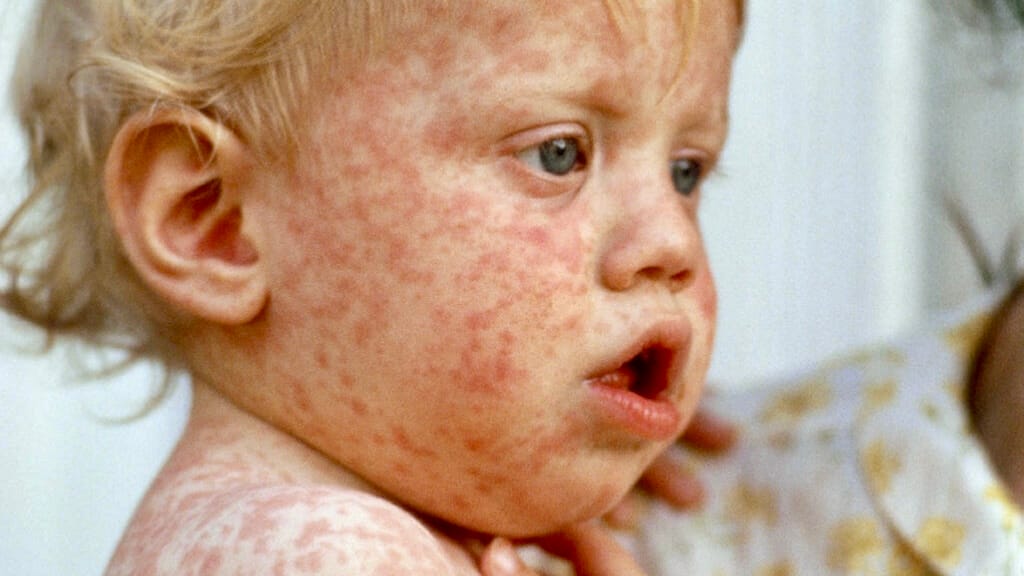Alabama Sees First Measles Case in 23 Years; Health Officials Urge Parents to Act
Notably absent from Public Health warnings are any mention of the potential dangers of the measles vaccines

Alabama health authorities have confirmed the State’s first measles case since 2002—an unvaccinated child in north Alabama traveled abroad, returned with the disease, and tested positive. The youngster did not attend daycare or school, and all who had contact have been informed.
Dr. Karen Landers, Alabama’s Chief Medical Officer, says the danger is real. She warned: “Unvaccinated people have a 90 percent chance of becoming infected if exposed to the measles virus.“ She urged parents to check their children’s MMR (measles, mumps, rubella) vaccine status—and act now if needed.
Landers stressed the seriousness of measles. “This is a severe disease,” she said. “This is a disease that people my age suffered when they were young children. Some people died... parents should definitely be concerned and make sure their children are up to date on their MMR vaccines.”
The State boasts a robust vaccination rate: about 94 percent of children have received the MMR shot for the 2025–26 school year. That’s just shy of last year’s mark of 95.2 percent. At the national level, around 92.5 percent of kindergarteners are up to date.
Even so, Landers reminded families not to become complacent. “The measles vaccine is probably the closest to the most effective vaccine that we have… with two doses… this is probably a 99 percent effective vaccine—probably the best vaccine that we have.”
The new case in Alabama reflects a larger trend. Across the U.S., measles is reemerging. According to CDC data cited by Alabama’s public health department, this year has seen the nation’s worst measles uptick in three decades—1,375 confirmed cases across 41 states, with 65 percent affecting people aged 19 or younger, and 3 deaths reported.
While measles can potentially be a severe illness with devastating consequences—pneumonia and encephalitis being two of the most concerning—for most older children and those without other complications it is a generally benign (if uncomfortable), self-limited disease. There are no specific treatments aside from supportive care—fluids, electrolytes, acetaminophen—and rest. Vitamin A may also be of benefit.
Measles encephalitis occurs in about 1% of cases, and has been associated with a 10%-15% mortality rate. Again, supportive care and symptomatic treatment of fever, dehydration and electrolyte imbalance is indicated, with anticonvulsant treatment added if seizures appear.
In the early 1900’s, measles was quite properly regarded as a significant threat, but as general medicine improved, the mortality from measles steadily declined between 1900 and 1963–when the vaccine was introduced.
Notably absent from the warnings from public health officials are any mention of the association between vaccines in general—and the MMR (measles, mumps, rubella) vaccine in particular—to autism, autoimmune disorders or other conditions. A brief introduction to this is available HERE on the Children’s Health Defense website, as is more information on this topic. Suffice it to say that a growing number of physicians, nurses and parents are sufficiently concerned about the potential consequences of vaccination to be dubious about the claims of the “health authorities” that the measles vaccines are necessary, as well as being “safe and effective.”
Yes, measles can be deadly, especially in young children. Yes, it can be devastating. However, given the low frequency of serious complications and the potential risks associated with vaccination, parents face a difficult choice in deciding how best they can protect their children.




